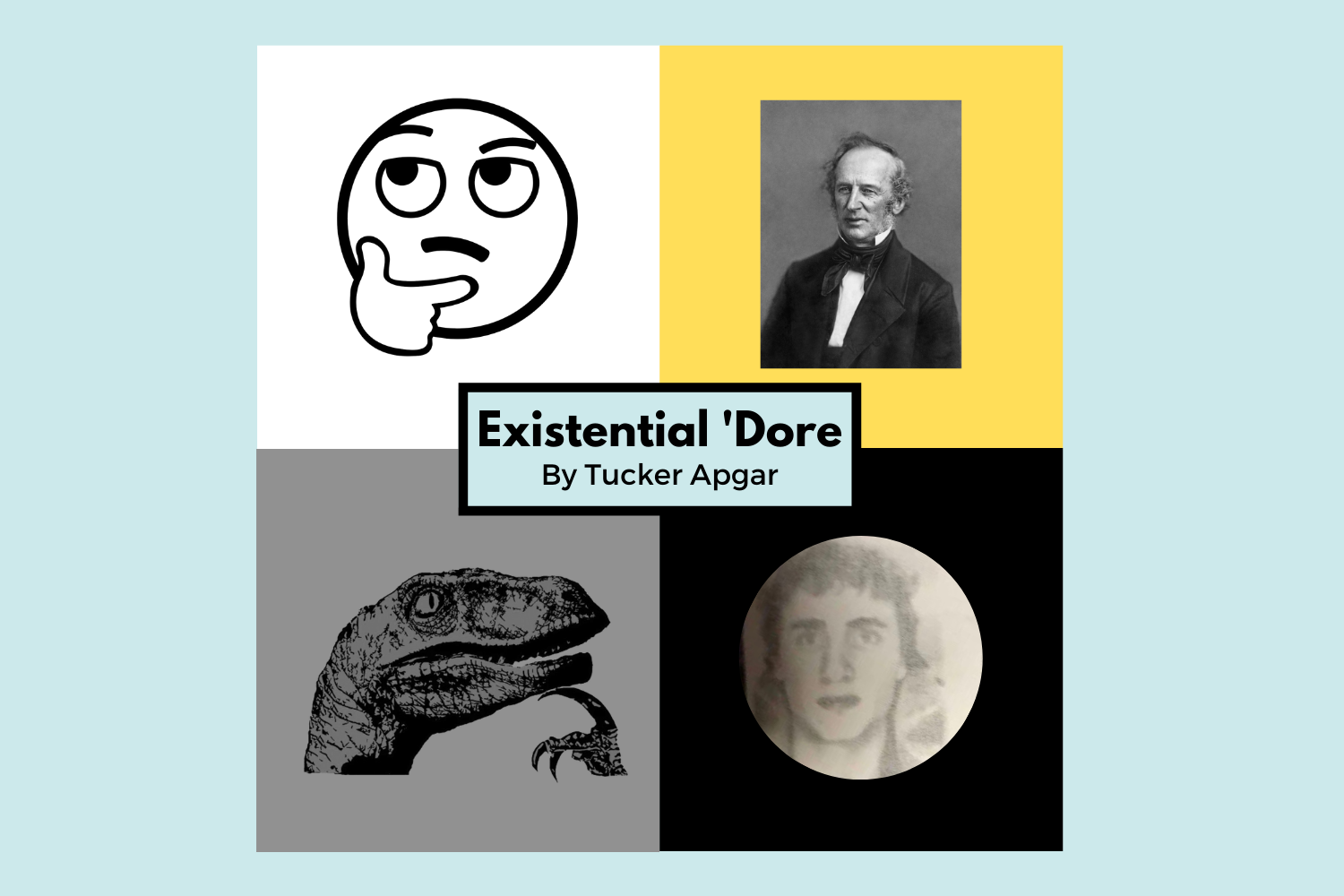
One Saturday during my first year, I finally mustered up the courage to attend a ZBT tailgate after waiting a few weeks. I was eager yet terrified to watch upperclassmen perform keg stands and shotgun beers at 8 a.m.. While this may be fun for some students, I saw pure anarchy.
Like many students here, I came to Vanderbilt because I wanted access to one of the best academic institutions in the country, but I also wanted to experience a fun environment. At the same time, I was initially perplexed by the outgoing party culture which seemed counterintuitive to the intellectual environment I imagined. I couldn’t help but cringe at my snap stories of the 6 a.m. mass exodus to tailgate last season. I asked myself: Why do some students spend their time engaging in the most pointless activities that make no substantial contribution to the world? Is this what we call “fun”?
As much as we like to make fun of the title, it’s no secret that Vanderbilt’s students have been ranked Number 1 Happiest College Students in the country for the past five years. The ranking is nice, but I have struggled to understand how and why we are the happiest students. When I think of our status as the happiest campus, I immediately think of hedonism.
A school of philosophy popularized by the likes of John Stuart Mill and Jeremy Benthan, hedonism is defined as “all theories of conduct in which the criterion is pleasure of one kind or another.” In other words, hedonism allows us to evaluate personal decision-making based on our desire for pleasurable experiences.
So why should we care about hedonism? Because it explains why we all find meaning in activities for nothing other than the pursuit of pleasure. Specifically, hedonism can tell us how we, as Vanderbilt students, find meaning in activities that are intended to make us happy?
Initially, I found one of the most explicit forms of hedonism in the social scene. My perception comes with trademark memories of Lonnie’s Western Room and Greek Row, and is summed up perfectly by this Vanderbeat Boys video. However, I was often judgmental about this work-hard-play-hard mentality, always asking myself: with the time and resources we have, why do we choose to participate in frivolous activities?
As students at a top-tier university, couldn’t we be spending our time on more productive things like academics, volunteering or research. I did not see any meaning in partying, and I looked down upon classmates who seemed to be occupied with meaningless pleasures.
However, my perspective on hedonism was short-sighted. I didn’t identify as an outgoing student, so it was unfair to judge students who hit up Broadway on the weekend while I chose to stay in my dorm. Everything changed when I sat down with a friend at EBI for lunch. As an introvert, he rarely left his Gillette dorm unless it was for a class or a club. I asked my friend “What things do you do for fun if you are not a partier?” His answer surprised me: staying in the dorm, watching anime and scrolling through Reddit.
That was the “aha” moment for me: hedonism is the basic necessity of pleasure. The type of pleasure could be anything, so it wasn’t necessarily a night out at Lonnie’s.
By understanding both sides of the student experience, I also learned to internalize what I enjoyed in my free time. For me, it was 6:30 a.m. trips to the Rec Center for a morning swim and then quality time with friends at Commons. I became at peace with hedonism: the act of seeking pleasure was not a taboo subject that only included partying, but a basic necessity for all students. In fact, taking part in meaningful activities can help reduce burnout in college students.
Now, as an ‘existential dore,’ you must ask: what does hedonism mean when you attend Vanderbilt? Your answer may differ from mine, but that’s what makes both of us special and unique. At the end of the day, we all choose to spend our weekends differently, leaving our work and other obligations far behind. So even if Saturday morning tailgates are not my thing, I understand why other students might value them as integral to their happiness.
That is why I also emphasize the importance of perspective when it comes to hedonism. We all should learn and appreciate how we can enjoy Vanderbilt from different viewpoints. By doing so, hedonism allows us to understand why we are the “happiest students;” through a nuanced understanding of the college experience.



